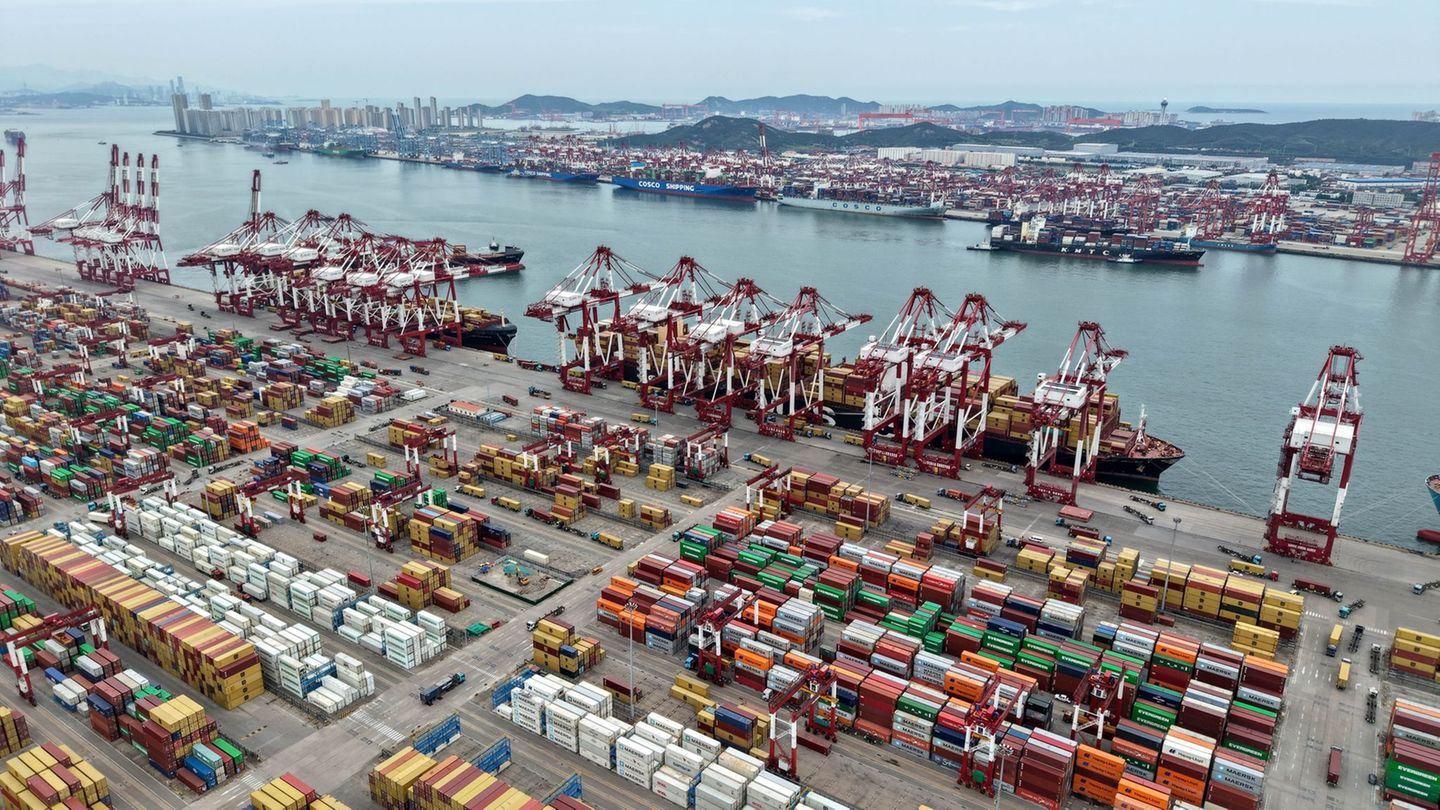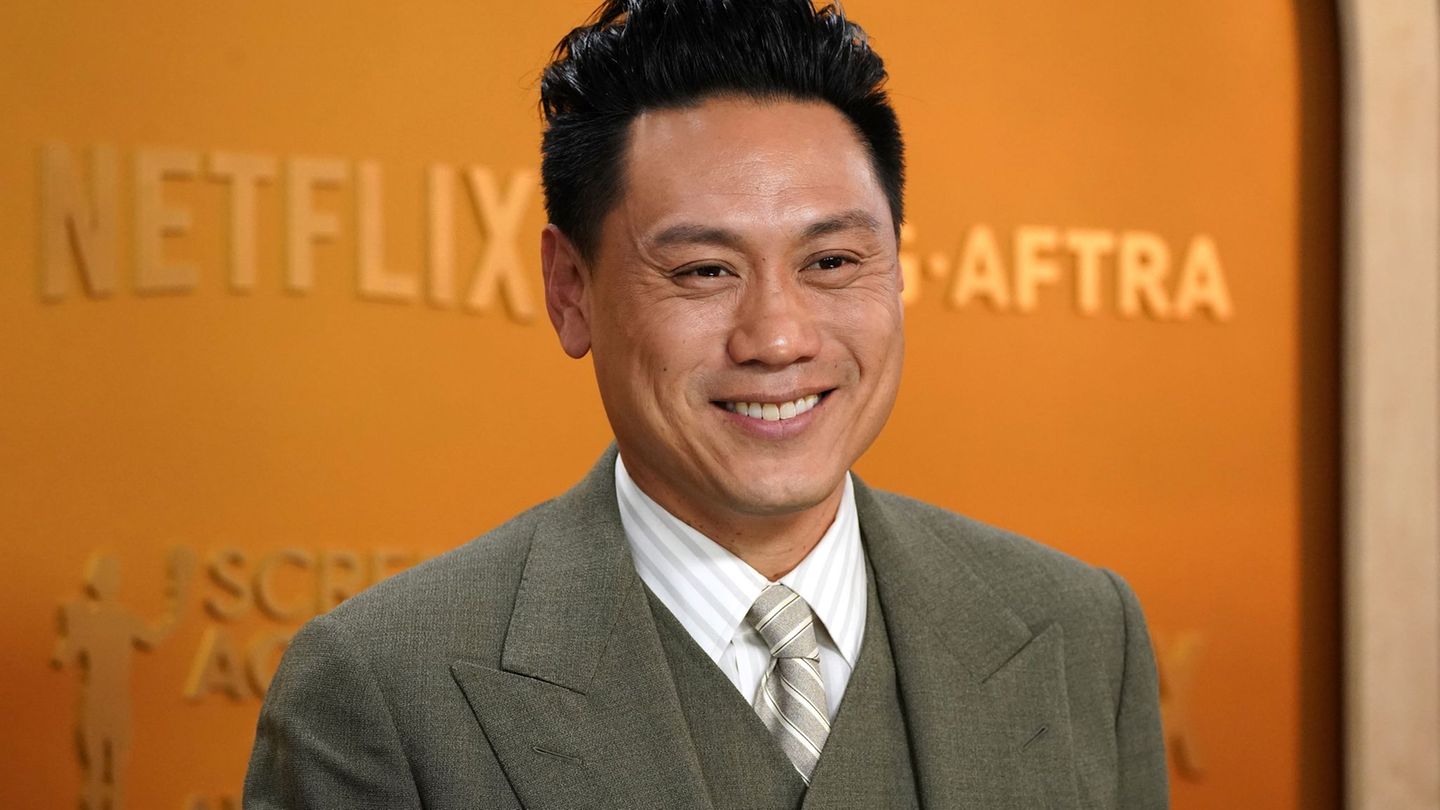The progressive Move Forward party has gained an early lead in the vote count for the general election. Among other things, she advocates reform of the monarchy.
The pro-democracy opposition in Thailand won a resounding victory in yesterday’s parliamentary elections. According to preliminary results, the winner of the vote is the progressive Move Forward party under its young boss Pita Limjaroenrat (42).
After counting 99 percent of the votes, the party, founded in 2014, has a total of around 150 seats in the 500-strong parliament, according to the election commission.
The Pheu Thai party, also an opposition party, led by 36-year-old Paetongtarn Shinawatra, occupies second place with probably around 140 seats. She is the scion of a wealthy politician dynasty. Before the election, Peu Thai had been ahead in polls for a long time. The ruling military, which came to power after a coup in 2014, suffered heavy losses. Voter turnout was more than 75 percent, the highest ever.
“Together we will change the country”
Pita Limjaroenrat tweeted that he was ready to become Thailand’s next prime minister. Among other things, his party advocates the abolition of conscription and reform of the monarchy. The Southeast Asian holiday destination probably has the toughest lèse majesté law in the world. It provides for extremely long prison sentences for lèse majesté. There have been protests against this for a long time.
“Together we will change the country,” the party leader continued, adding that he wants to be the head of government for all Thais, whether they support his policies or not. According to observers, however, there is still a long and complicated road ahead.
Constitution changed after military coup
While a coalition between the Move Forward Party and Pheu Thai is likely, both need the support of other parties to take power. Because after the military coup, the generals changed the constitution in their favor: together with the 500 newly elected members of parliament, 250 unelected senators appointed by the military also decide on the head of government. It is considered unlikely that they will support the opposition.
And so the incumbent Prime Minister Prayut Chan-o-cha or another party close to the military could theoretically lead a minority government despite the election failure. The Bangkok Post newspaper commented: “While we hope the Senate honors the spirit of democracy by respecting the rule of majority voting, comments from some senators suggest stormy days ahead.”
Source: Stern
I have been working in the news industry for over 6 years, first as a reporter and now as an editor. I have covered politics extensively, and my work has appeared in major newspapers and online news outlets around the world. In addition to my writing, I also contribute regularly to 24 Hours World.




